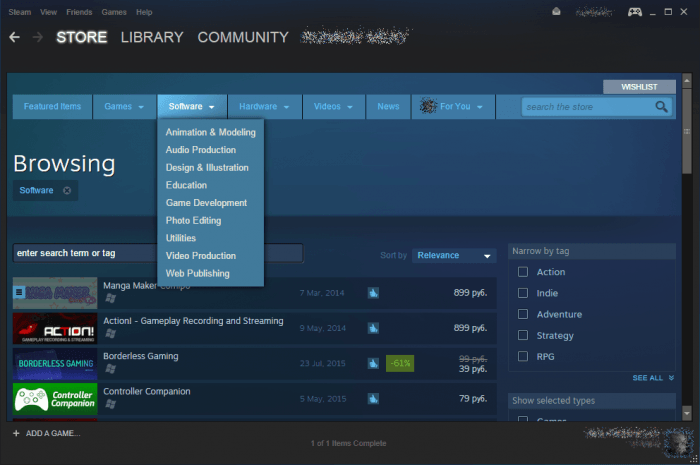
Ransomfails: a few stories on beating cryptors
It’s not common that the ransomware criminals can be outsmarted. But sometimes they can be.
1313 articles

It’s not common that the ransomware criminals can be outsmarted. But sometimes they can be.

Users also want and expect access to data 24/7, with no barriers or lag times.

Kaspersky Lab has developed a new solution to provide industrial cybersecurity – Kaspersky Industrial CyberSecurity.

Cryptomalware can infiltrate and encrypt an entire network – including its backups – within minutes.

Kaspersky Lab strives for efficient protection and to regularly improve our technology. One of the recent changes affected Kaspersky Security for Virtualization | Light Agent, our security solution for virtual environments. Now it supports one more virtualization platform – Kernel-based Virtual Machine (KVM).

Kaspersky Small Office Security achieves best results in AV-TEST’s latest testing rounds of Windows 10 compatible corporate products.

As the criminals join forces “intercontinentally” to improve their crimeware together, businesses and LEAs should work together as well. Cybersecurity is everybody’s business – today more, perhaps, than ever.

88% of companies are willing to pay extra in order to work with a bank that has a strong security policy and a good security track record, new survey by Kaspersky Lab shows.

How you can prevent Ransomware on your file share with Kaspersky Lab enterprise solutions.

This year is the 120th since the invention of a tin foil hat – simple to produce and very efficient information security tool, preventing those warping and state-altering attacks targeted at our minds.

Public studies aren’t there for any kind of fear-mongering, however some cybersecurity-related news really may make one feel uneasy. That’s the case with the Kaspersky Lab’s Global Research & Analysis Team (GReAT) field study of the security of hospitals’ IT systems. As one may have already guessed, the situation there is, let’s say, not good.

The guide itself is not a detailed testing or assessment program, but rather an illustration of key elements that organizations need to be aware of to achieve the best safety and resilience of complex information systems that will be in the foundation of smart cities.

Roughly every fourth company lacks any anti-DDoS protection, a new survey says.

A new MaaS malware hits gamers and businesses.

The vast majority of targeted attacks begin with simple steps; spear-phishing with malicious attachments or clickable links, or the infection of employees’ favorite websites (water-holing) to penetrate the security perimeter through the vulnerable browsers or other software. Don’t assume that because these methodologies are well-known, they are any less effective.

Kaspersky Lab announced WISeID Kaspersky Lab Security, a special edition of a mobile app jointly developed with WISeKey.

Two-factor authentication involving SMS, while used by most banks for quite some time, is not unbeatable.

Triada is a complex, stealthy, and professionally written malware suite. While it is mostly a consumer-level threat, Triada is also potentially dangerous to mobile apps-related businesses.

A massive flaw in transport layer security (TLS) protocol was discovered and it leaves millions vulnerable to an attack that could expose financial data and more.

According to figures released by Kaspersky Lab, about 16% of companies worldwide suffered a DDoS attack, rising to a quarter of enterprises.

Securelist issued a quick heads-up on what they called new ‘implants’ for OS X. It looks as though the notorious Hacking Team is back in business.